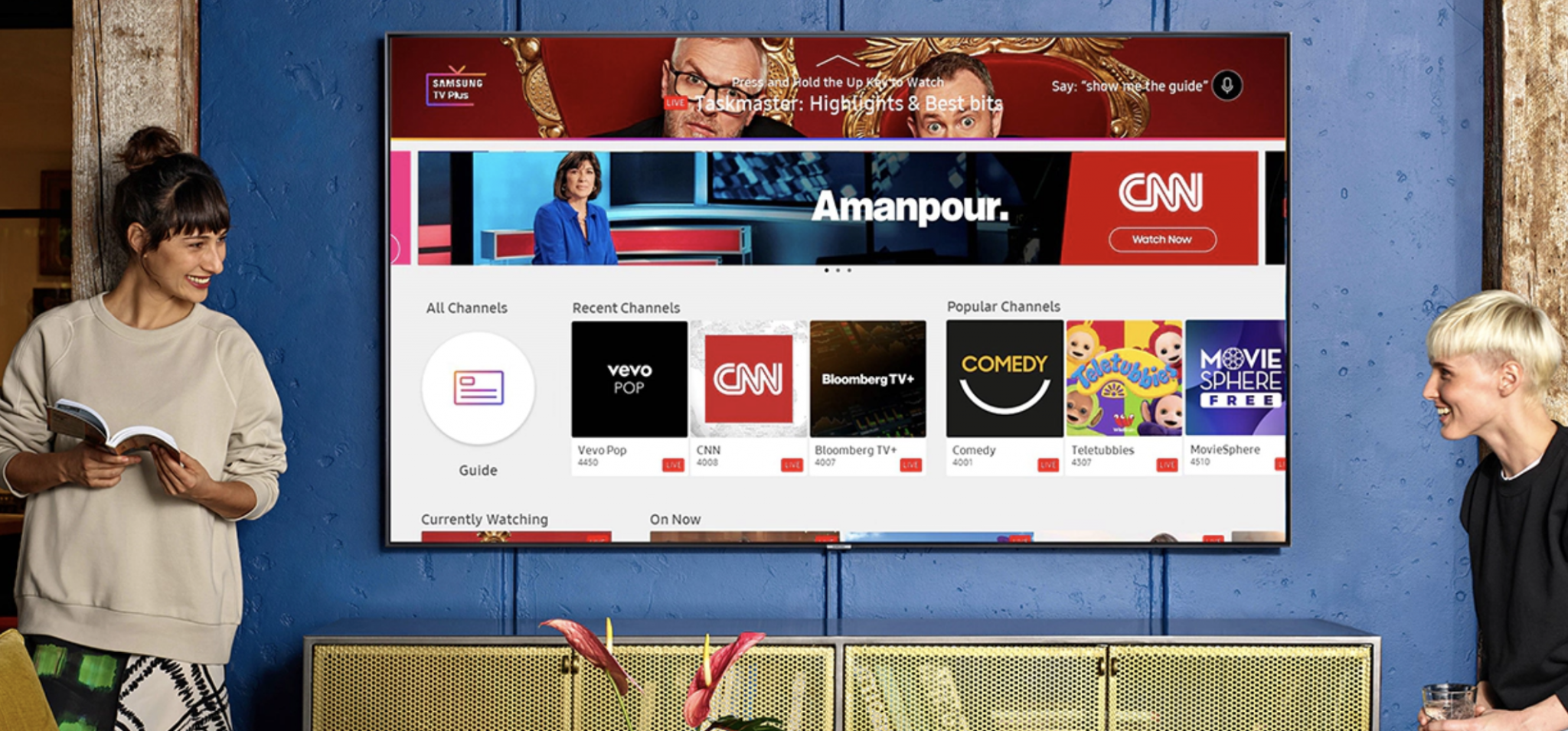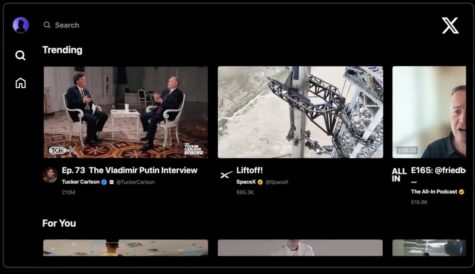Managing the expectations of consumers and advertisers – interview with Samsung Ads Europe vice president Alex Hole

Being a platform operator is a fine balancing act.
Not only do you have to deliver a compelling experience to end-users, but you are also bound to your business partners of all shapes and sizes and make sure they are satisfied with their involvement.
Samsung is no stranger to spinning these plates, and Samsung Ads, its connected TV audience platform, is tasked with not only keeping app operators happy but evolving its free ad-supported TV (FAST) service Samsung TV Plus.
Speaking to Digital TV Europe, Alex Hole vice president Samsung Ads Europe, describes the multifaceted nature of the business and his role.
“There’s such a proliferation of app providers coming into the market over the past 12-24 months that in some ways there is so much content so we need to figure out how we work with those partners to give our consumers the best possible chance of being able to discover brilliant content,” the exec says.
Hole outlines three main aspects that fall under his purview: “The consumer facing products, and that’s all about discovery and enabling consumers to find the content we put on their TVs; partnerships with OTT app providers themselves and securing content relationships to sit in our Samsung TV Plus platform; and then finally the commercialisation of that through the data it provides where we work with advertisers and agencies to reach audiences that are sometimes difficult to reach on linear broadcast advertising.”
A global proposition
But despite these “three pillars” described by Hole, the exec notes that they are “absolutely interdependent.” Since launching in the US in 2016, Samsung Ads has expanded to 20 different markets in Europe along with operations in Australia and APAC, LATAM and India.
Across all these markets, the approach is unified, Hole says. “We’re truly a global proposition, and the theory is the same. We’re effectively using the connected TV platform to help and empower advertisers to reach those difficult-to-reach audiences as people move from streaming apps to media and to gaming as well.”
 Hole goes on to posit that Samsung’s unique position as both platform operator and device manufacturer gives it the ability to “see the total TV audience.”
Hole goes on to posit that Samsung’s unique position as both platform operator and device manufacturer gives it the ability to “see the total TV audience.”
“It’s not just a specific app,” he says. “We’re able to see the ‘glass level’ – whether that’s the TV data itself, through to what’s plugged into that TV and then through automatic content recognition (ACR) to provide the insights.
“We bundle all that together and talk to advertisers about how they can reach these audiences.”
The approach is evidently working for the company, with Hole noting that streaming on Samsung devices has increased by 60% over the past 12 months to be “on a par with linear TV usage.”
The continued investment in Samsung TV Plus – complete with an ever-expanding portfolio of channels – has been reflected in it now being one of the two most-watched free streaming apps on Samsung smart TVs.
Hole’s confidence in the business comes as a result of an assurance that the growth in streaming is not “just a pandemic related trend.”
Consumer concerns
While all this extra information is ideal for advertisers, data-conscious consumers have raised their concerns with the amount of tracking going on in our day-to-day lives.
Consumers are increasingly aware of the fact that their smartphone and PC apps will track their usage and often provide that to advertisers, but the reality of the living room TV now watching you is a relatively new dawn.
Of this, Hole says that “privacy is a big thing” for Samsung. He points out that, within the smart hub user interface, there is the option to manage privacy while “we put a huge amount of effort into ensuring that viewers are protecting their data.”
He adds that viewer data, which is anonymised to a device level, is not up for sale and is exclusively available to advertising partners, which Hole says are very strictly selected. “Consumers are the heartbeat of our organisation from both an ads and a product perspective,” the exec states.
This is once again a balancing act between the interested parties, but one which Samsung Ads believes it has adequately responded to.
With its Tizen operating system, Samsung is the leading smart TV manufacturer in the world and has been so for almost a decade. And despite investment and innovation from competitors. By continuing to develop its Ads business along with its consumer product innovations, Samsung is predicted to maintain this positive performance in the coming years and continue to dominate the CTV space



